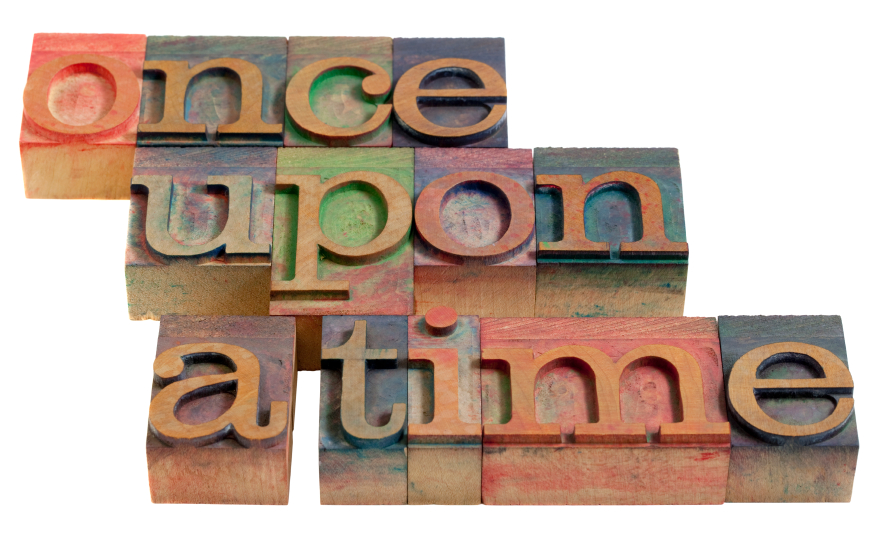Clickbait. A pejorative term for those blog/article headlines that you just can’t resist clicking on. We’ve all been there, or rather clicked on them and been reeled in. Some firms are making a lot of money focusing on this style of content – Taboola and Outbrain to name a couple.
Generally it’s for content aimed at the consumer market and involves a celebrity or two, but increasingly clickbait seems to be plying its trade in the b2b world.
LinkedIn for example, is littered with ‘clickbaity’ type headlines and seems to be getting more so every day:
- Why I’m quitting social media
- Why quitting your job today will be the best thing you ever do
In days gone by of course, clickbait used to be called a headline. And there is nothing wrong with a good headline of course – in fact, a good headline is essential. There’s no point in writing a well thought out blog/article and sticking a bland title on top – a bit like wrapping a great Christmas present in brown paper…(I had to shoehorn one Christmas reference in).
When is a headline not a headline
The risk is that the more sensational the headline – the more clickbaity it is – the higher the risk of disappointing the reader if the content doesn’t live up to its billing. In the clickbait world it almost never does but it’s done its work and the advertisers are happy. As a business though that sort of engagement is of no use and, if anything, could do more to damage your brand.
But, if you really like clickbait, and in these fallow days before everyone clears off on their holiday break, perhaps invest a few minutes perusing Onion’s ClickHole for some irresistible clickbait (that may, or may not, be made up)…go on, you know you want to.
Have a Happy Christmas and a Happy New Year.



